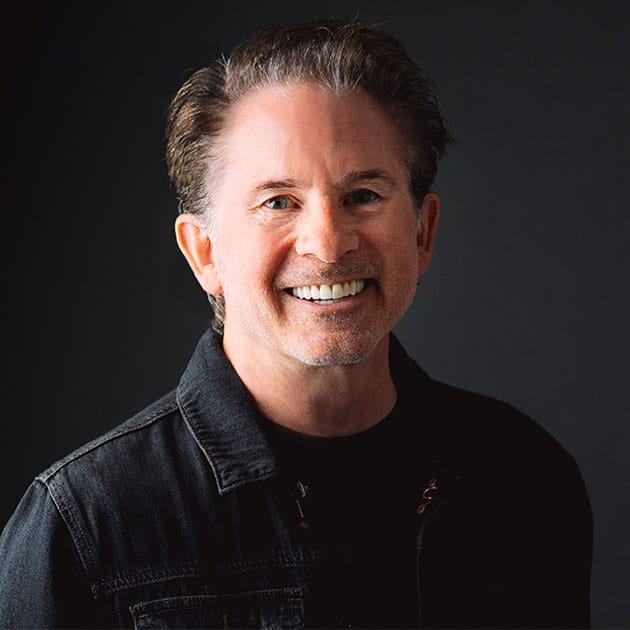Generation Z (also known as iGen, Post-Millennials, Plurals) is defined as the generation born from the mid-1990s to the early 2000s, and makes up 25% of the U.S. population, making them a larger cohort than the Baby Boomers or Millennials. This generation has grown up during the digital era using technology, mobile devices, the Internet and social media as a way of life (Forbes, 2015).
KNOWN FOR
- creating peer groups with common interests and goals
- interest in digital devices, entertainment, virtual games, fashion trends, green products
- readily sharing and exchanging their opinions
- free thinking
- creativity
- multitasking
- instant gratification
- seeking luxury brands
- loving style and trends
- brand recognition and loyalty
- being highly influenced by friends and social media on their purchase decisions
- concern for their environment and social responsibility
25%
OF THE U.S. POPULATION IS GEN Z, MAKING THEM A LARGER COHORT THAN BABY BOOMERS OR MILLENNIALS
55%
OF GEN Zers WOULD RATHER BUY CLOTHES ONLINE THAN IN PHYSICAL STORES AND 53% WOULD RATHER BUY BOOKS AND ELECTRONICS ONLINE
72%
OF GEN Zers WANT TO OWN THEIR OWN BUSINESS AND 76% HOPE TO TURN THEIR HOBBIES INTO FULL-TIME JOBS
33%
OF GEN Zers WATCH LESSONS ONLINE, MAKING THEM ADEPT RESEARCHERS
8 SECONDS
AVERAGE ATTENTION SPAN OF A GEN Zer
PERSONAL VALUES
Personal values are concepts or beliefs about desirable end-states or practices that rise above particular circumstances, guide choice or evaluation of behavior and events, and are requested by relative importance. They give an internal reference to what is good, beneficial, important, valuable, excellent, desirable and helpful on observation of consumer behavior. Personal values of consumers serve as a focal point in many cognitive tasks, for example, attitude formation or decision making about a brand purchase and products, especially natural items. The research considers four dimensions of personal values:
1
Health consciousness
It refers to a consumer’s behavioral act in relation to health actions. For example, most purchasers of organic food regard it as safer than food that is traditionally grown, and almost half of purchasers do not mind paying extra for food that is organic. Moreover, the utilization of natural beautifying products has turned into a must, as even Gen Z consumers believe that people are accountable for the world they live in.
2
Environmental consciousness
Gen Z consumers have a higher awareness of the fragility of the environment as well as the limited availability of natural resources. Particularly, Gen Z consumers with a higher concern for the environment are thought to be likely to be engaged in environmentally friendly behavior.
3
Appearance consciousness
Physical self-awareness is involved while purchasing fashion items and luxury apparel; luxury cars, dietary products, cosmetic surgery and other hedonistic purchases are strongly linked to this value. The relationship of environmental consciousness and organic consumption has been demonstrated. For example, being environmentally conscious is an essential aspect of a consumer’s decision to purchase an automobile and to stay at a green hotel (Hellier et al., 2003, Davies et al., 2012).
4
Need for uniqueness
Using their common consumption habits, consumers make themselves feel special and unique as well as di erentiate themselves from other consumers. The feeling for uniqueness may influence someone’s attitudes, beliefs, behaviors, product choices and even choice of a partner. The intention to distinguish oneself from another is referred to as a behavior of determined and pervasive psychological phenomenon. The role that Generation Z plays in the form of need for uniqueness is denoted as the need to distinguish oneself from others via purchasing and owning goods or services for the sake of improving one’s social self-portrayal.
Sources: The role of ethics and product personality in the intention to purchase organic food products: a structural equation modeling approach (G. Guido, M.I. Prete, A.M. Peluso, R.C. Maloumby-Baka, C. Bu a) International Review of Economics, 2010, 57, 79–102. How personality makes a di erence (J.T. Plummer) Journal of Advertising Research, 2000, 40(6), 79–83.


